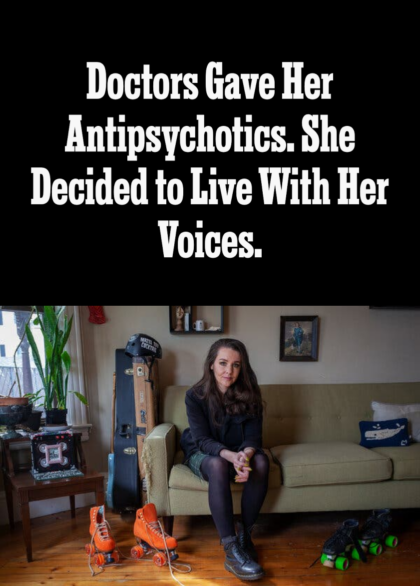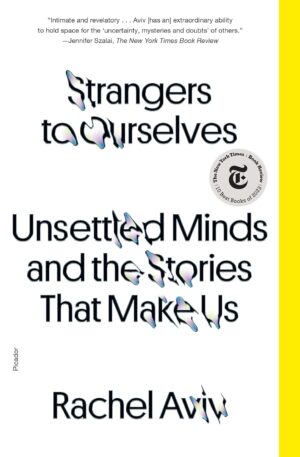Daniel Bergner discusses alternatives to pharmaceutical treatment for mental health in the New York Times Magazine. This article was adapted from his book, The Mind and the Moon: My Brother’s Story, the Science of Our Brains, and the Search for Our Psyches.
A decade after her arrival in Holyoke, Mazel-Carlton and the Wildflower Alliance are now leaders in a growing effort to thoroughly reform how the field of mental health approaches severe psychiatric conditions. Their views remain marginal to the medical establishment. The conventional mode emphasizes risk management, especially when it comes to psychosis; mainstream providers maintain that antipsychotic drugs, despite their downsides, can reduce the long-term odds of mental disintegration, suicide and—however low the odds to begin with—violent eruptions.
Yet the evidence that the medications improve outcomes is murky. And it is countered by other studies suggesting that maintenance on the drugs may actually worsen outcomes and even cause brain atrophy, though these findings have been debated. The area is devoid of conclusive science, a failure that is a prominent part of a wider problem in biomedical psychiatry: its lack of progress in treating serious conditions, or even precisely diagnosing and comprehending them. “Something has gone wrong in contemporary academic and clinical psychiatry,” a 2019 lead opinion piece in The New England Journal of Medicine stated. “We are facing the stark limitations of biologic treatments,” it argued. “There is no comprehensive biologic understanding of either the causes or the treatments of psychiatric disorders.”









